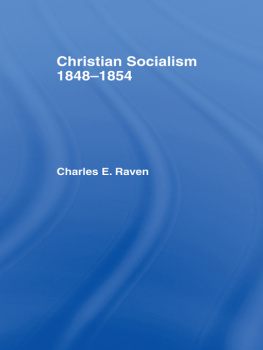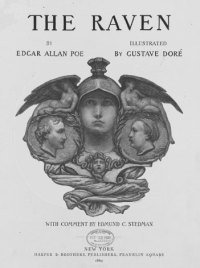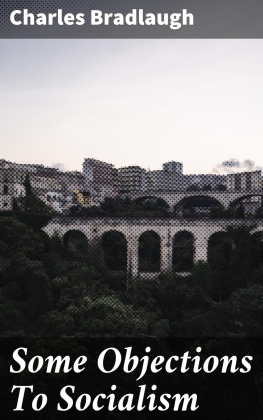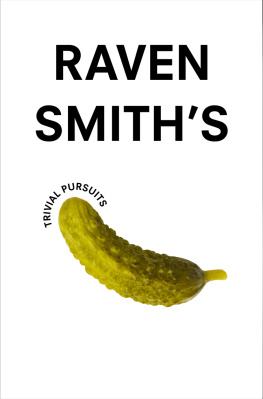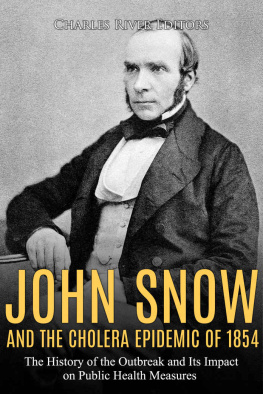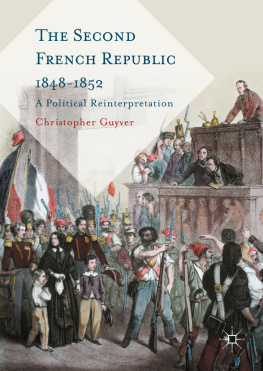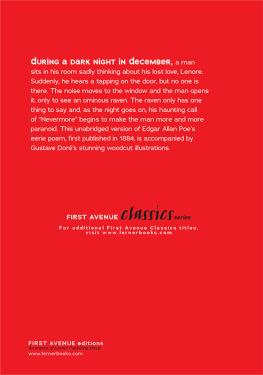Published by
Routledge
2 Park Square, Milton Park, Abingdon, Oxon, OX14 4RN
by arrangement with Macmillan and Co. Ltd.
First edition 1920
New impression 1968
Transferred to Digital Printing 2006
ISBNO 71462129
Publisher's Note
The publisher has gone to great lengths to ensure
the quality of this reprint but points out that some
imperfections in the original may be apparent
TO MY PARENTS
WITH LOVE AND GRATITUDE
PREFACE
T HIS book is founded upon the Donnellan lectures delivered by me at Trinity College, Dublin, in May 1919, and my grateful thanks are due to the authorities there for the opportunity thus afforded to me and for their many acts of kindness. In particular I am indebted to the late illustrious Provost, the Rev. Sir John Pentland Mahaffy, whose warm welcome and large-hearted generosity to his young and unknown visitor gave me my first experience of Irish hospitality. It was in consultation with him that my subject was originally chosen; he expressed the hope that the lectures might be expanded before publication; and his letters, the last of them written a day or two before his illness, have inspired me to carry on the work in spite of the pressure of many other duties. The completion of it has seemed in some sort the fulfilment of a promise to one who will always be remembered with reverence and affection. In addition my thanks are due to Major Bowes, to the Rev. John Carter, to Professor Foxwell, to Mr. C. R. Fay, and to Sir Norman and Lady Moore for the loan of letters and books and for many valuable suggestions, to Mr. A. W. Pollard and Mr. E. Duchesne for their courtesy in regard to the libraries of the British Museum and the Working Mens College, and especially to Dr. R. H. Murray and Mr. G. T. Bennett, who have read the book in proof and whose criticisms upon it have been of the greatest assistance. My debt to the many writers from whom I have quoted is apparent from the footnotes, and is particularly large in respect of the first chapter. Finally, I wish to express my deep gratitude to my colleagues at Emmanuel College whose kindness in setting me free from the pressure of College business has enabled me to undertake the research necessary for the completion of this work.
CONTENTS
Christianity and Socialismthe tragedy and causes of their estrangement I
The French Revolution the starting-pointthe rapidity of the change in social lifeconsequences of this rapidity upon religion - -
The Church and its parties in their attitude to social problemsPaley typicalthe Evangelical revivalindividualism and other-worldlinessWilberforceintellectual weaknesseffects of Sunday Schools
The Oxford Movementits valueits reactionary character its absorption in detailits neglect of social mattersits evil influence in ' side-tracking ' English Christianity
The hostility of the Church to social reformthe evils manifestthe blindness of Churchmenthe cult of liberty-
Laissez-faire and its supportersBentham and Utilitarianism Malthus and the Struggle for ExistenceRicardo and the Law of Wagesprogress in despite of these
Robert Owen a lonely rebelhis experimentstheir failure his war against the religious and moral conventionsgood and evil influence of his work
The forerunners of Christian SocialismSou theyhis support of Owen and hatred of laissez-faire Coleridgehis influence against the Benthamitesand upon MauriceCarlyle and the dawn of a better day
J. M. Ludlow the true founderhis early years, character, and abilitypolitical and religious viewshis later life
His friendship with Mauriceits originand quality -
F. D. Mauricehis humility, obscurity and difiidencehis theology in its bearing on social and industrial problemshis political position
C. Kingsley and his place in the movementhis character and powershis defects
C. B. Mansfieldhis character and value to the group
April 10th and its effectthe first placard
Politics for the People startedits contributorsobjects and charactermoderate toneprotests against itMaurice's influence
The failure of Politics and its resultsthe extension of the groupthe new members
The night-schoolthe coming of T. Hugheshis character and place in the group
The weekly Bible-reading -
The necessity for practical measuresthe meetings with working-mennew recruits, Lloyd Jones, Cooper and others
Ludlow and the Associations ouvriires The Morning Chronicle and its disclosuresthe cholera, Walsh and Mansfield in Bermondsey
Proposals for actiona Sanitary Leaguethe tailors and associationMaurice hesitates -
The decisionfoundation of Castle Street AssociationMassey its secretaryTracts on Christian Socialism
The need for publicitythe Tracts and their titlethe first series -
Issue of the Christian Socialist its characterits historyand cessation
Second series of Tractstheir abeyance
Alton Locke composition and publicationreception by the criticsvalue to the causequality and influence -
Yeast character and modernitydebt to Mauriceblemishesreception -
Kingsley and associative agriculturehis lecture -
These essentially experimentaldiscussion of methodsfear of machinery
Constitution of the Society for Promoting Working Men's Associationsand of Associations under itlegal position -
History of the AssociationsTailorsShoemakersBuildersPrintersBakersNeedlewomenPianoforte Makers City Tailorsthe Ladies' Guild and Miss Octavia Hill -
Association in the provincesmissionary effortsTailors at SouthamptonHatters at Manchesterkindred movements throughout the country -
E. V. Neale joins the movementhis character and services attitude towards Mauriceexpansion of the work - -
The Trades Societies and their attitudeletter to themthe amalgamation in the iron trades
A.S.E. and Christian SocialistsWindsor Ironworks scheme address to Trades Societies of kingdom -
The great lock-out of 1852position and work of Christian Socialiststheir ideal that trades unions should undertake productionpractical measuresMile End and Atlas Ironworkssupport of A.S.E.
Neale's desire to unify the movementfoundation of London Storesscheme for General Unionits discussion and failure
The Central Co-operative Agencyrelation to Society of Promotersits success and permanent value -
Three minor effortsthe Co-operative Leaguethe proposed Investment Societythe Conferences with working-men resumed
The first Annual Conference of the Co-operative Movement its programmeparamount influence of Christian Socialiststhe effect of their work
Attitude of Government a two-fold obstacle
The contract systemprotests of Christian SocialistsLudlow's articles
The legal position of co-operatorsAct of 1834and of 1846difficulty of the position -
Slaney's Committeeevidence of Christian Socialists, Ludlow, Neale, etc.of Bellenden Ker and J. S. Millimportance of Mill's attitudethe ReportGovernment's delay -
The Bill in Parliamentin the Commonsand the Lordsits value to the movement
The effects of Slaney's Actthe reconstitution of the Society of PromotersNeale and LudlowMaurice's decision -
The failure of the Associationsthe Engineering worksthe small Associationsthe Central Agencythe Second Conferencethe winding up of the Society -


